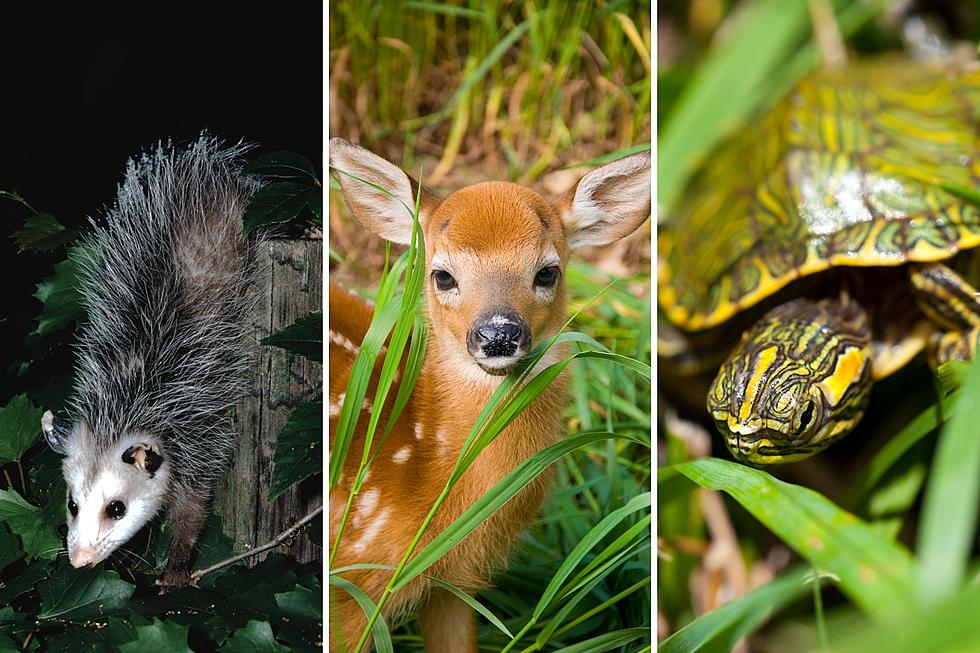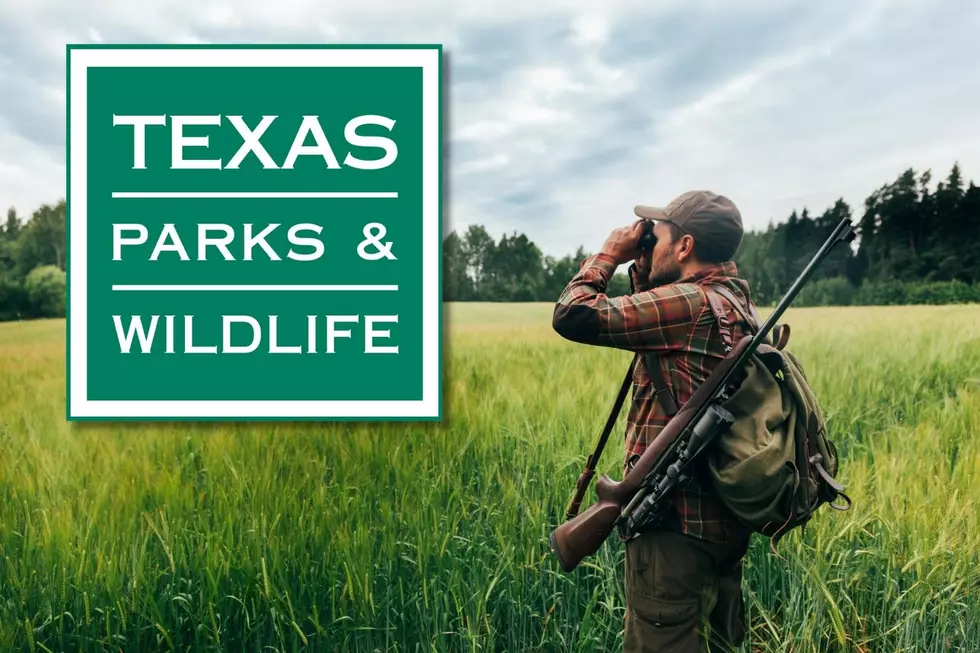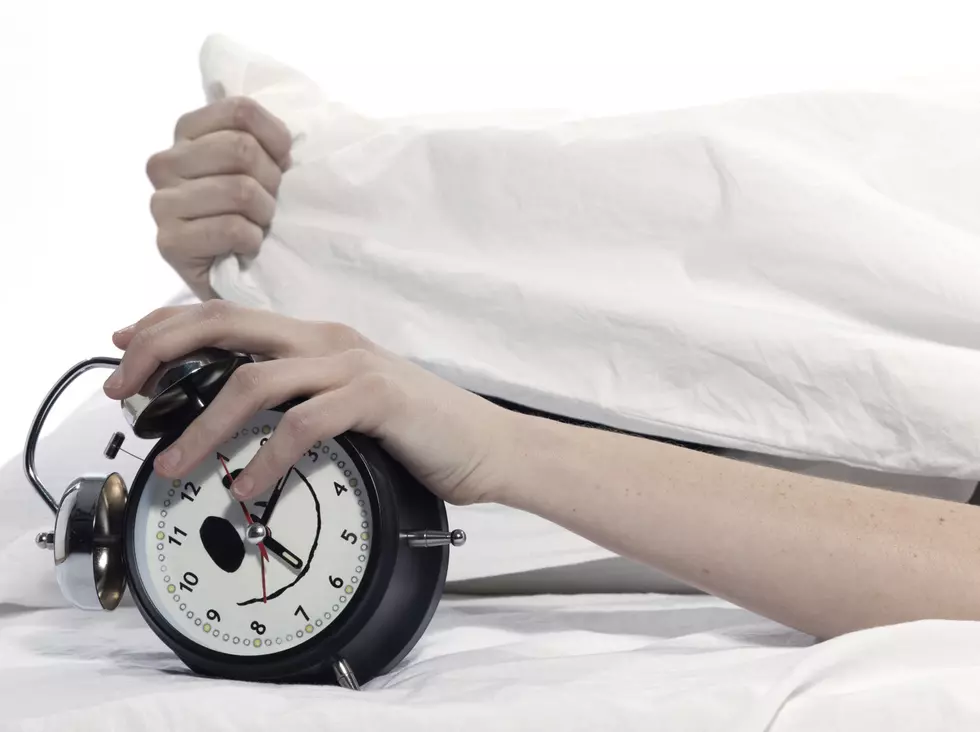
Texas Parks Reminder – Please Don Pet The Wildlife, Especially The Babies
Spring is here and that means many things to many people, and with the extended sunshine and milder days, more of us are getting outdoors and enjoying the sunshine and mild temps. The same thing is happening to our wildlife as well, new fawns and hatchlings are coming out too. You might even notice more wildlife in your backyard, neighborhood, or parks. As cute as they are, the absolute best thing to do, according to the Texas Parks and Wildlife Department is... leave them alone.
Birds, rabbits, deer, and snakes become more active this time of year; their young can be mistaken as abandoned. TPWD experts caution against lending a helping hand and remind you that it is illegal to possess wildlife in most cases.
Baby animals are sometimes picked up by well-meaning citizens. Many such human-animal encounters are unnecessary — they can even be detrimental to the animal.
Fawning season begins in early to mid-May and a newborn fawn’s mottled coat hides them from predators. A doe may leave her fawn for hours at a time while browsing for food. During that time, people may spot the fawn lying alone in tall grass or in a brushy area. Many assume it has been abandoned by its mother and needs help, but this is rarely the case.
Biologists recommend leaving all young animals alone unless they are obviously injured. Spend time observing it from a distance to make the determination. Staying too close may deter the mother from returning; interfering too soon may do more harm than good.
The same principles apply to young birds out of their nests. If the bird has open eyes, feathers, and can hop around, mom and dad are likely nearby. Grounded fledglings will usually be up and flying within a few days.
Various turtle species are also often picked up by well-meaning citizens to assist them in crossing the road. While this can be done safely, biologists say do not take them home as pets. These turtles must remain wild to stay healthy.
If a wild animal is sick or injured, TPWD encourages citizens to contact a permitted wildlife rehabilitator. TPWD staff advise the public not to handle or attempt to transport injured, sick or orphaned wildlife. Learn more about what to do upon encountering orphaned or injured wildlife, and how to contact rehabilitators on the TPWD Wildlife Division website.
The two videos below will give you some idea of what to do with fawns and baby birds from the TPWD.
RANKED: Here Are the 63 Smartest Dog Breeds

More From Power 95.9









